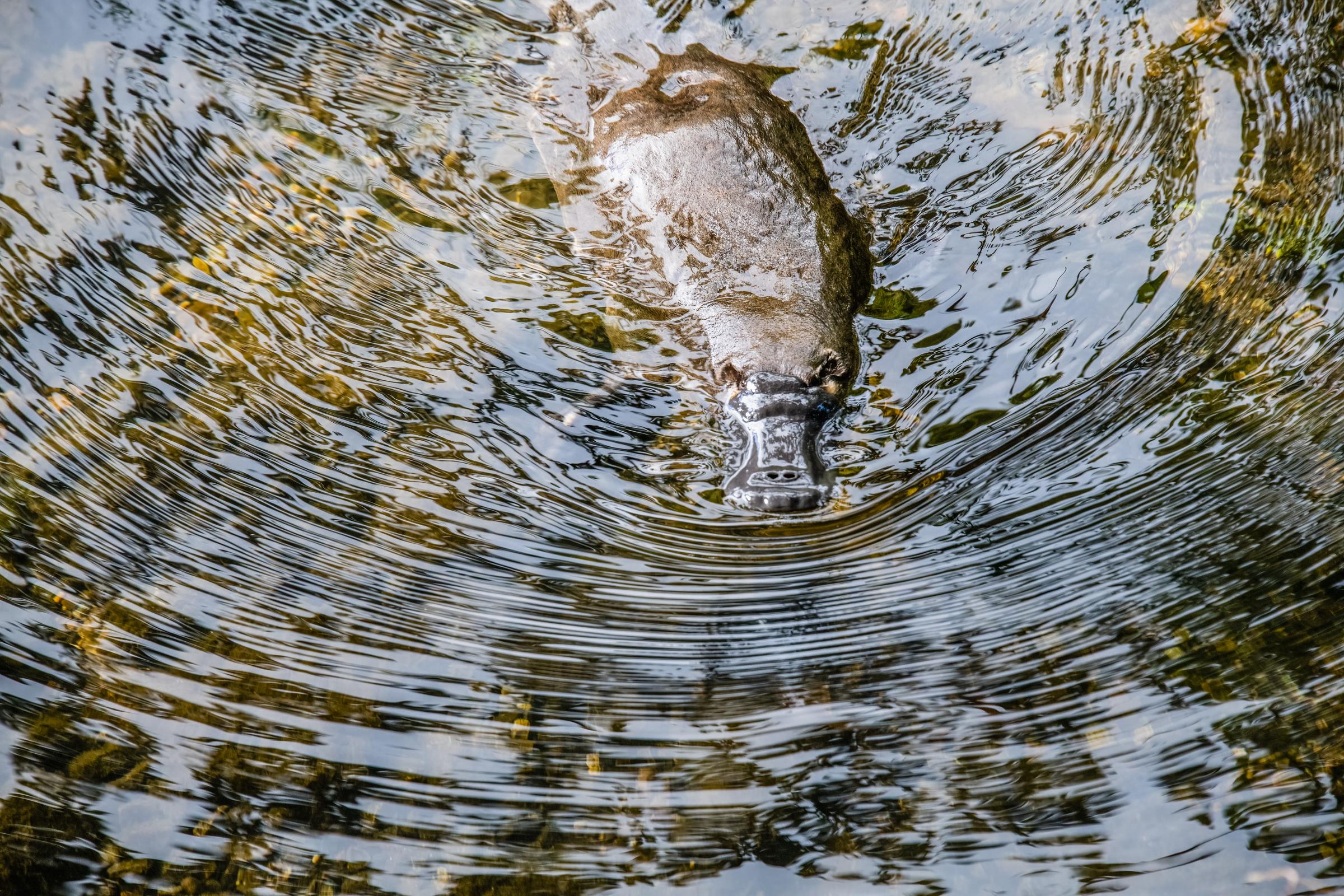Sustainability
August is Platypus Month!

Sustainability
August is Platypus Month!
PLATYPUS MONTH
It is Platypus month in August.




Here are some fun facts about this unusual creature that is only found on the Australian continent.
Did you know that platypuses are mammals that lay eggs? The average size of a platypus is 38cm-60cm long. Their scientific name for a platypus is Ornithorhynchus Anatinus.
The platypus has a paddle-shaped tail and a sleek furry body with a flat bill and webbed feet. They live for around 20 years and sleep for around 14 hours of the day.
Predators of a platypus include snakes, water rats, goannas, foxes, and crocodiles. The platypus is most active during the night time because they are a nocturnal creature. Platypuses are carnivorous animals, which means they eat meat but not plants. They store their food in their cheeks similar to a squirrel, they don’t immediately swallow their prey, but instead store the food at the back of their jaws. Once they reach the surface of the water they will eat what they caught. They hunt for their food in the water where they live.
During the day a platypus hides out in a burrow on the shore, where they dig out tunnels in underground chambers along the river banks just above water level. They can take shelter under rock ledges, tree plant roots and debris. They make their homes in and near freshwater creeks, slow moving rivers and lakes that are joined by rivers, and even in some storages such as farm dams.
You can find platypuses on the eastern side of Australia from North Queensland, New South Wales, and Victoria and all the way down to the freezing snows of Tasmania.
Platypuses have waterproof and thick fur which keeps them warm in the chilly weather and their big tails store extra fat for energy.
Next time you visit the zoo or are travelling around Australia see if you can spot a platypus.
So let’s all look after our environment by picking up our rubbish and disposing of it correctly when we visit places and in our local community.
Discarded plastics and rubbish can harm and cause serious injuries and death to animals in their natural habitat. Broken glass and sharp objects in waterways can injure foraging platypuses and can compromise their food supply and productivity.
Let’s make an effort in keeping our surrounding environment free of rubbish!
#ENVIRONMENT WARRIORS